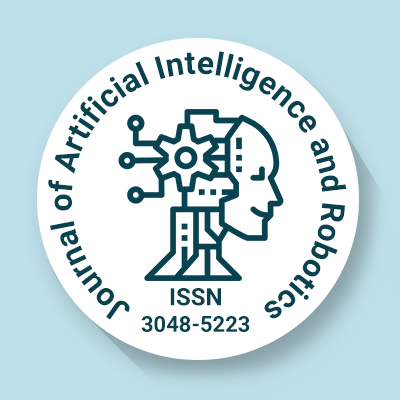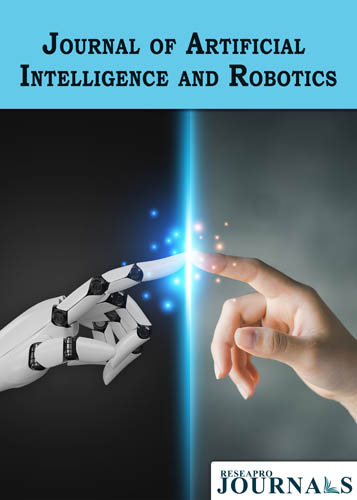
Journal of Artificial Intelligence and Robotics
OPEN ACCESS
ISSN: 3048-5223

OPEN ACCESS
ISSN: 3048-5223

1Department of Biotechnology, MITS School of Biotechnology, Odisha, India
2Department of Electrical Electronics Engineering, Gandhi Institute for Technology, Odisha, India
Breast cancer remains a significant global health challenge, with early detection crucial for improving survival rates. Traditional screening methods, such as mammography, ultrasound, and MRI, have limitations including false positives, false negatives, and operator dependency. Recent advancements in artificial intelligence (AI) offer promising solutions to these issues. AI and machine learning technologies, especially deep learning models like convolutional neural networks (CNNs), have shown potential in enhancing diagnostic accuracy and consistency in breast cancer detection. Notable models, such as MIT\'s Mirai and Google\'s DeepMind, demonstrate improved performance over traditional methods, reducing false positives and negatives while processing large volumes of mammograms efficiently. Case studies and clinical trials highlight significant improvements in early detection and patient outcomes. However, challenges such as data quality, algorithm bias, ethical considerations, and integration into existing healthcare systems need to be addressed. Future directions include improving AI model interpretability, integrating AI with other diagnostic tools, and enhancing personalized risk assessments. Collaboration between AI developers and healthcare professionals is crucial for advancing these technologies. As AI continues to evolve, it holds the potential to revolutionize breast cancer screening, offering more precise and personalized diagnostic tools, ultimately improving patient care and outcomes worldwide.
Received 05 July 2024; Revised 24 July 2024; Accepted 05 August 2024
1Department of Biotechnology, MITS School of Biotechnology, Odisha, India
2Department of Electrical Electronics Engineering, Gandhi Institute for Technology, Odisha, India